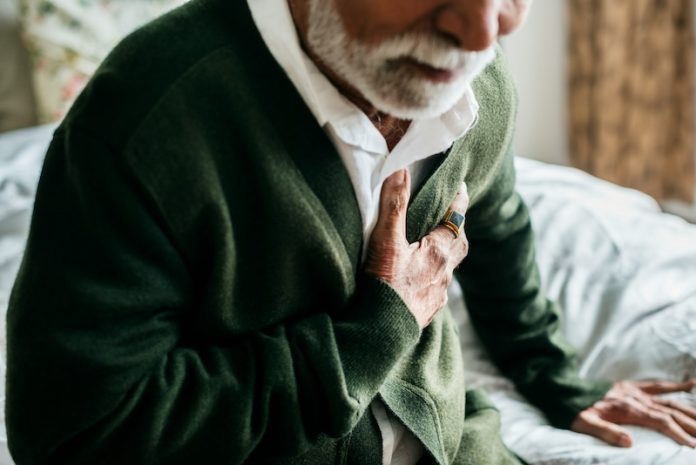
Clogged arteries, also known as atherosclerosis, happen when a sticky substance called plaque builds up inside your arteries. These arteries are like highways that carry oxygen-rich blood from your heart to the rest of your body.
When plaque collects along the artery walls, it narrows the space for blood to flow. This can slow down or block the blood supply, leading to dangerous problems like heart attacks, strokes, or even death.
Plaque is made up of cholesterol, fat, calcium, and other things found in your blood. It doesn’t form overnight—it builds up slowly over many years. The scary part is that clogged arteries often don’t show any symptoms until something serious happens. That’s why knowing the early warning signs is so important.
One of the most common signs is chest pain or discomfort, called angina. It may feel like pressure, tightness, or a heavy weight in the chest. It usually shows up when the heart is working hard, such as during exercise or stress. This pain might go away when you rest, but that doesn’t mean it’s safe to ignore.
Sometimes the pain spreads to the arms, shoulders, neck, jaw, or back. If you notice chest pain—especially if it’s new, keeps happening, or gets worse—you should talk to a doctor right away.
Another early sign is shortness of breath. When your heart can’t pump enough blood, your body doesn’t get the oxygen it needs. You may feel out of breath doing simple tasks like walking up stairs or carrying groceries. This symptom can happen at any age and is a sign that your heart might be in trouble.
Clogged arteries can also affect the blood flow to your legs, a condition known as peripheral artery disease, or PAD. If your leg muscles don’t get enough blood, they can cramp or feel painful when you walk.
The pain usually stops when you rest. You might also notice numbness, weakness, or sores on your feet that heal slowly. These signs are your body’s way of telling you that your blood isn’t moving the way it should.
For men, another clue can be erectile dysfunction (ED). This happens when blood doesn’t flow properly to the reproductive organs. It can also mean that arteries in other parts of the body, like those leading to the heart, are becoming blocked. Research shows that men with ED are more likely to develop heart disease.
Some signs of clogged arteries are not as easy to spot. Feeling very tired, having pain in your jaw or neck, feeling sick to your stomach, or sweating a lot during activity can also be signs of heart problems. Women are more likely to feel these less common symptoms than chest pain, which is why their heart disease can sometimes go undiagnosed for too long.
Unfortunately, many people don’t find out they have clogged arteries until they have a heart attack or stroke. That’s why regular health checkups are so important. Blood tests, blood pressure checks, and honest talks with your doctor about your lifestyle can help catch problems early. Sometimes, doctors may recommend special tests to see if your arteries are starting to narrow.
Some everyday habits make clogged arteries more likely. Smoking, eating fatty or salty foods, and not exercising can all increase your risk. But there’s good news—healthy changes can help. Quitting smoking, eating more fruits and vegetables, moving your body more often, and keeping a healthy weight can all slow down or even reverse plaque buildup.
Even small steps can help. Try walking for half an hour a day, cooking at home instead of eating fast food, and choosing fresh meals over processed ones. The earlier you start, the better your chances of keeping your arteries clean and your heart strong.
In the end, clogged arteries often begin quietly, but they do give us signs. Listen to your body. Watch for chest pain, shortness of breath, leg pain, fatigue, and other unusual symptoms. Getting medical help early and making healthy choices can protect your heart and even save your life.
If you care about heart disease, please read studies about a big cause of heart failure, and common blood test could advance heart failure treatment.
For more information about heart health, please see recent studies about a new way to repair human heart, and results showing drinking coffee may help reduce heart failure risk.
Copyright © 2025 Knowridge Science Report. All rights reserved.



